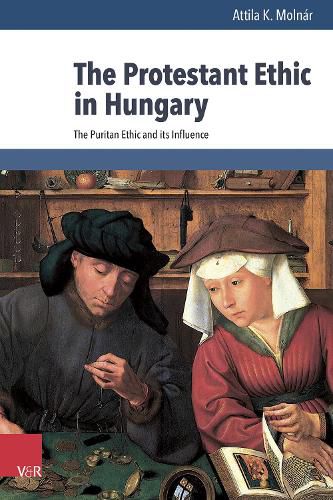Readings Newsletter
Become a Readings Member to make your shopping experience even easier.
Sign in or sign up for free!
You’re not far away from qualifying for FREE standard shipping within Australia
You’ve qualified for FREE standard shipping within Australia
The cart is loading…






While in the 16-17th centuries about the two thirds of the Hungarians belonged to the Reformed Church, the presence of the "spirit of capitalism" and the "protestant ethic" is rather questionable. The Calvinists did not played a different or decisive role in the capitalisation process of Hungary at the end of the 19th century. The historical analysis focuses on the puritan doctrines can be foun in the religiosity of Hungarian puritans and Reformed people in the 17th century. The "Hungarian Protestant ethic" differs from Weber's ideal-type in two respects: the Hungarian version is more pietistic, less activist; and it seems to have less practical influence in everyday life because of the weak religiosity. The Hungarian case does not refute Weber's thesis, but it call the attention to two important parts of historical analysis: the reinterpreting, selecting procedure in social context; and the intensity of religiosity.
$9.00 standard shipping within Australia
FREE standard shipping within Australia for orders over $100.00
Express & International shipping calculated at checkout
While in the 16-17th centuries about the two thirds of the Hungarians belonged to the Reformed Church, the presence of the "spirit of capitalism" and the "protestant ethic" is rather questionable. The Calvinists did not played a different or decisive role in the capitalisation process of Hungary at the end of the 19th century. The historical analysis focuses on the puritan doctrines can be foun in the religiosity of Hungarian puritans and Reformed people in the 17th century. The "Hungarian Protestant ethic" differs from Weber's ideal-type in two respects: the Hungarian version is more pietistic, less activist; and it seems to have less practical influence in everyday life because of the weak religiosity. The Hungarian case does not refute Weber's thesis, but it call the attention to two important parts of historical analysis: the reinterpreting, selecting procedure in social context; and the intensity of religiosity.